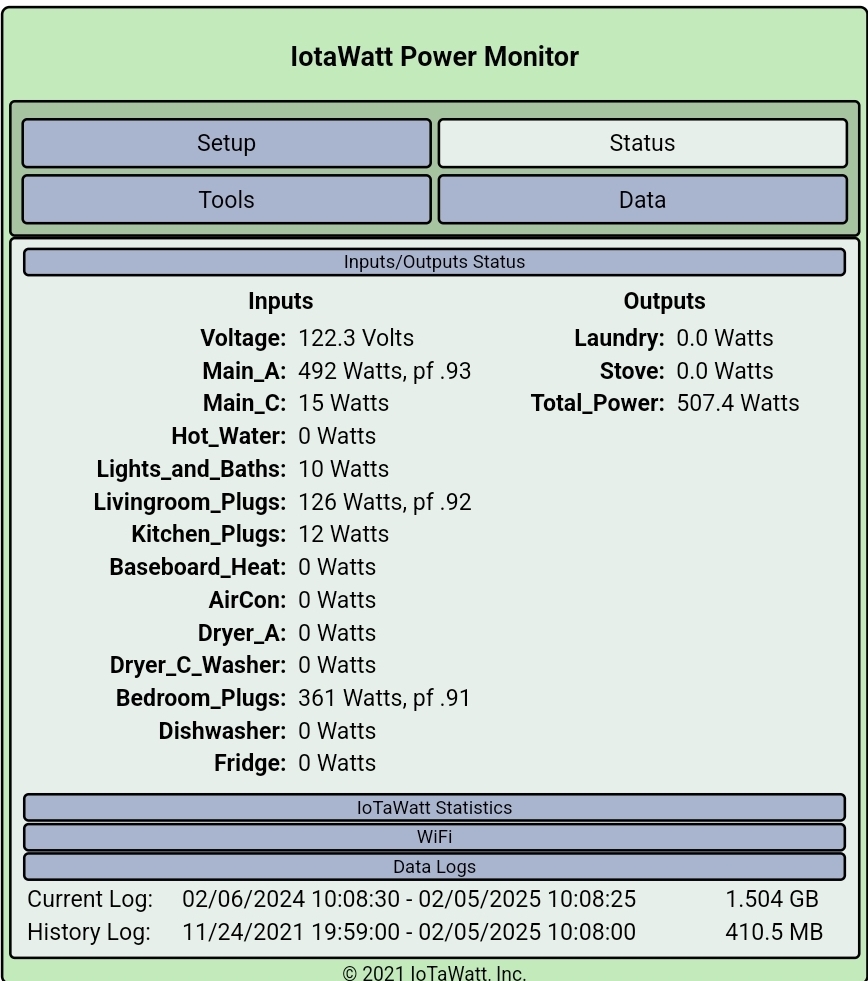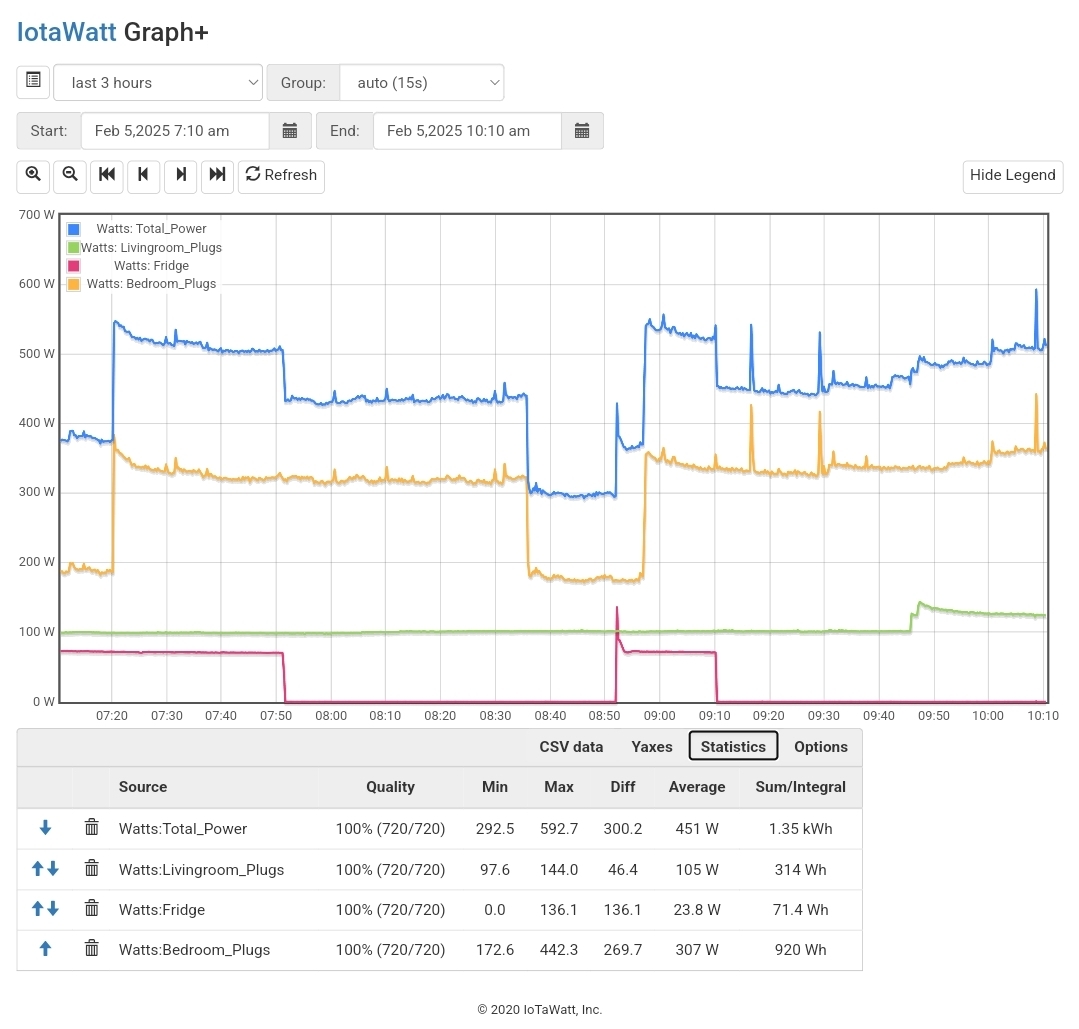

I’m in a rental too. It’s non-invasive; just gotta pop the panel cover off, clip the transformers over the wires without disconnecting them, and put the cover back. It can all be removed just as easily.
🇨🇦


I’m in a rental too. It’s non-invasive; just gotta pop the panel cover off, clip the transformers over the wires without disconnecting them, and put the cover back. It can all be removed just as easily.


A fridge can create a fairly low overall temp, but with something like a PC generating a ton of heat inside, it can’t keep up. The fridge just can’t move the heat fast enough and becomes an insulated box trapping the heat instead.


A lot of people aren’t even aware of the concern. That’s why I bring it up.
Paying an electrician to add a breaker is much cheaper than replacing the PC. Tho that’s up to OC if they want to pursue that. I’m just putting the info out there for them to consider.


If you want to expand from just monitoring a couple sockets to monitoring the whole house; I’d recommend Iotawatt. I’ve been using one of these to monitor every circuit in my house for a few years now.
You can use the built in webpages shown below to view it’s internal graphs, or setup an exporter to feed the data into external DBs like influxDB+Graphana or Emoncms.




breaker to my room likes to trip if I am gaming and someone in the house decides to microwave something
… Why the hell is your pc on the same breaker as the kitchen??
The kitchen plugs should have their own dedicated breaker in most modern electrical codes (at least in North America). The voltage drop your pc experiences everytime a high-load item like a microwave or kettle is turned on, on the same circuit, is really rough on your PSU.
At least you have a UPS which presumably performs some power conditioning, but still. Not great.


That’s true; once everything inside is brought down to temp, they use very little power to stay cold.
My regular fridge uses ~500-800wh a day (depending on how much it got opened). My chest freezer though, uses ~200wh/day pretty consistently.
OS updates I only bother with every 6-12mo, though I also use debian which doesn’t push major updates all that regularly.
As far as software goes; pretty much everything is in a docker container with watchtower automatically pulling new updates to those nightly at 4am. It sends me email notifications, so It’ll tell me if an update fails; combined with uptime-kuma notifying me if any of my services is unavailable for whatever reason.
The rest I’ll usually do with the OS updates. Just because an update was released, doesn’t mean you’ve gotta drop everything and install it right this moment.
That’s between you and your landlord. Mine was fine with it as it doesn’t actually modify any of the wiring.